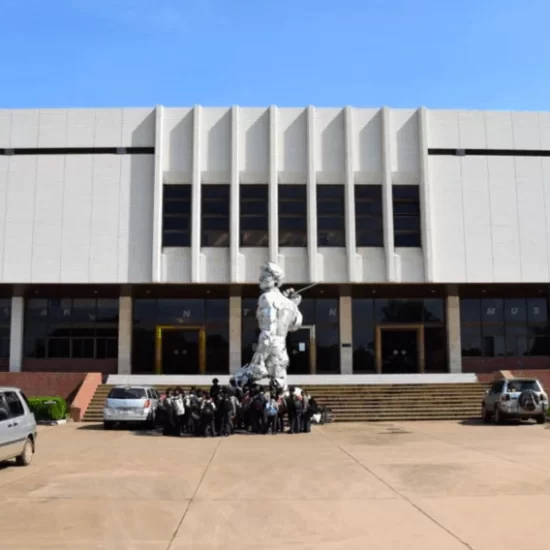The annual inflation for September 2023 has jumped to 12.0 percent from 10.8 percent recorded in August 2023. This development has been attributed to the increase in prices of food and non-food items.
The acceleration of Zambia’s inflation rate to 12% will have several negative effects on the already struggling economy as it is likely to lead to a decrease in purchasing power as prices of goods and services increase which would in turn lead to a decrease in consumer spending and a slowdown in economic activity. This will be particularly challenging for especially low-income households who are already struggling to afford basic necessities.
According to the official statistics, the annual food inflation for September 2023 was recorded at 13.4 percent compared to 12.6 percent in the previous month. This means on average prices of food items increased by 13.4 percent between September 2022 and September 2023. This outturn was mainly attributed to price movements in Cereals
The annual non-food inflation for September 2023 was recorded at 10.1 percent compared to 8.5 percent. This outturn was mainly attributed to increases in prices of non-food items such as the Purchase of vehicles.
Speaking in Lusaka during the monthly bulletin dissemination attended by the Zambian Business Times – ZBT, Zambia Statistics Agency – ZAMSTAT Statistician-General Mulenga Musepa disclosed that disaggregation of the annual inflation by province shows that the annual inflation during the month under review increased for all provinces; Central (11.4% from 10.6%); Copperbelt (10.1% from 9.5%); Eastern (12.8% from 12.2%); Luapula (12.4% from 11.4%); Lusaka (13.6% from 12.5%); Northern (11.7% from 10.9%); North-western (11.5% from 9,9%); Southern (10.0% from 7.9%) and Western Province (15.2% from 11.9%).
Of the overall 12.0 percent annual inflation, Lusaka province contributed the highest at 3.9 percentage points followed by Copperbelt and Central provinces which contributed 2.2 and 1.2 percentage points, respectively. Eastern and southern provinces contributed 1.1 percentage points each, while North-western provinces had the lowest contribution of 0.4 percentage points.
The high inflation rate may also affect foreign investment which is likely to decrease as investors become wary of investing in a country with a volatile economy, as they may be concerned about the stability of the country’s economy.
It is important for the Zambian government to take steps to address inflation and ensure that the economy is stable and sustainable over the long term as the 10.8 percent increase is hitting hard on low-income households.






